Rising production costs lead to 4.4% rise in UK shop prices
Shop prices soared by the greatest amount since at least 2005 in July as the cost of fresh food was driven up by rising charges for fertiliser, animal feed and transport.
Prices rose by 4.4% compared to July last year, a step up from a year-on-year rise of 3.1% in June, according to the British Retail Consortium’s latest shop price index collated with market research firm Nielsen IQ.
Fresh food inflation soared to 8% according to the index from 6.2% a month before, the highest rate since March 2009. That contributed to overall food inflation of 7%.
Helen Dickinson, the chief executive of the British Retail Consortium (BRC), a trade body which represents most major retailers, said some of the biggest price rises were seen in dairy products including lard, cooking fats and butter.
She said: “Households and businesses must prepare for a difficult period as inflationary pressures hit home.”
“Rising production costs – from the price of animal feed and fertiliser to availability of produce, exacerbated by the war in Ukraine – coupled with exorbitant land transport costs, led food prices to rocket.”
The high rate of inflation on basic food essentials is likely to hit low income households harder, ramping up pressure on those already affected by a cut in universal credit benefits and rising energy and petrol costs.
A fifth of UK households now have an average shortfall of £60 a week between what they earn and what they need to cover essentials such as energy bills, rent, transport and food, as the rising cost of living leaves people with the lowest amount of spare cash in almost five years, according to data from the Asda Income Tracker collated by the Centre for Business and Economic Research (Cber) out this week.
Shoppers are
Read more on theguardian.com



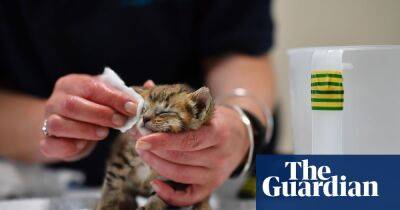







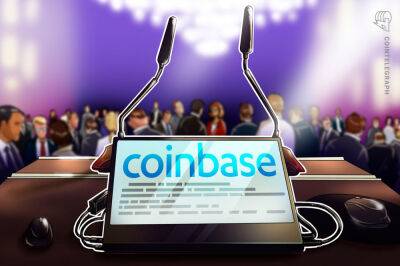


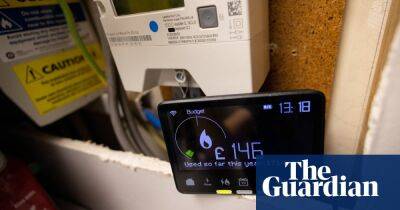
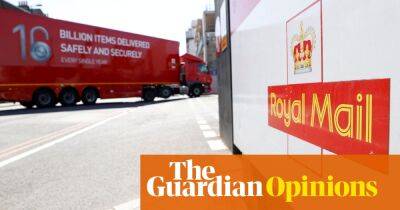

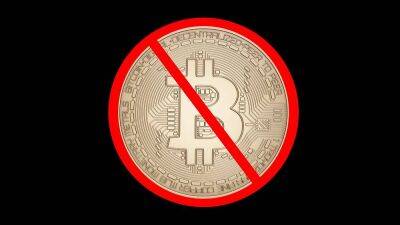


![Bitcoin [BTC] traders can open short positions fearlessly because… - ambcrypto.com](https://finance-news.co/storage/thumbs_400/img/2022/8/25/38505_wcp0.jpg)

